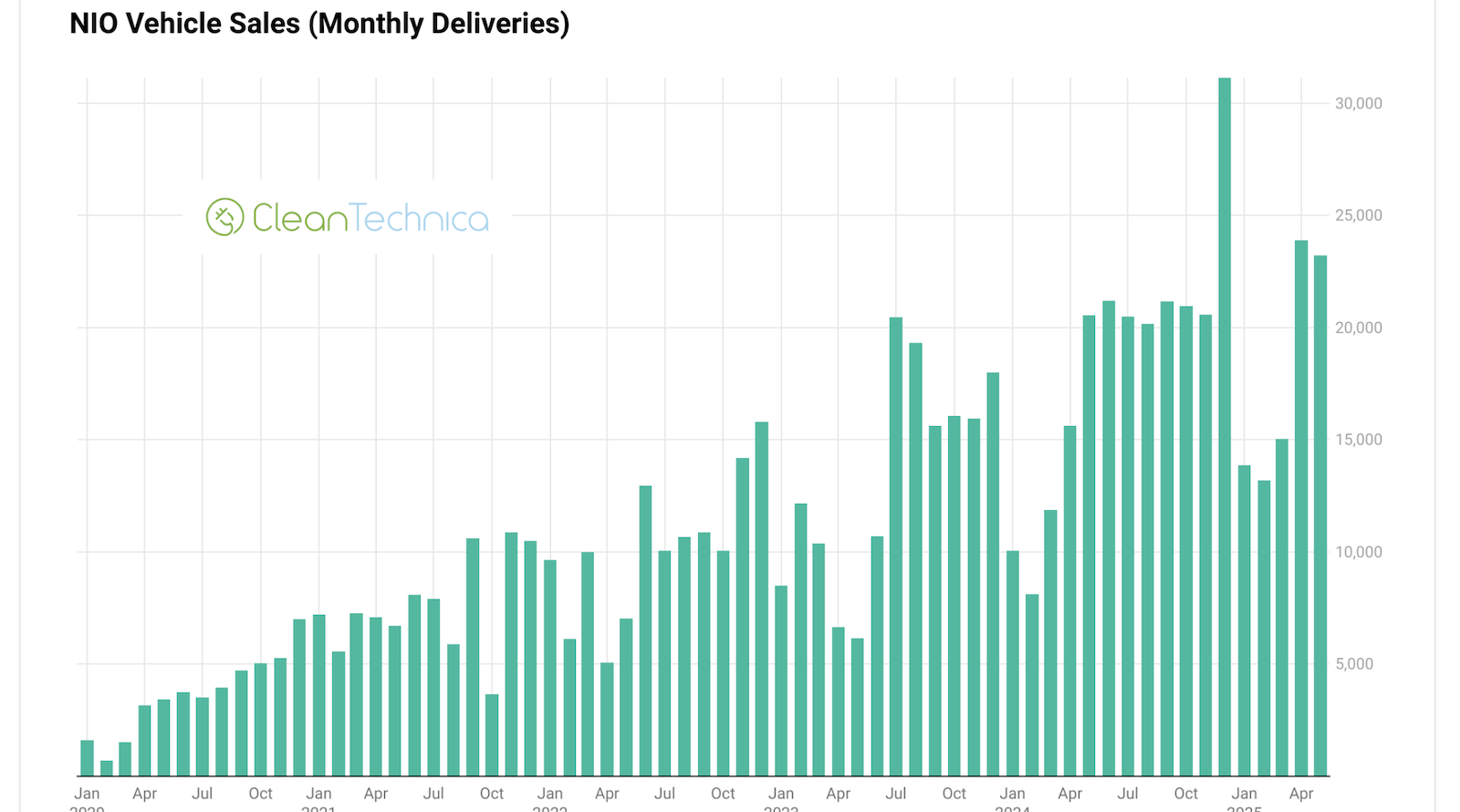Canada Post makes ‘final’ offer for labor deal amid growing losses
The postal workers union is disparaging what Canada Post called an enhanced offer on Wednesday as the sides struggle to finalize a labor agreement after nearly 18 months of negotiations. The post Canada Post makes ‘final’ offer for labor deal amid growing losses appeared first on FreightWaves.

Canada Post on Wednesday reported a $611 million pre-tax loss in 2024 and simultaneously presented a “best and final” contract offer to the Canadian Union of Postal Workers with operational reforms it says are needed to stabilize finances and improve mail service.
The annual report underscored the financial pressures weighing on Canada Post and the need for restructuring, but sharp union criticism of the latest counteroffer foreshadows a potential escalation of the current labor action that could further hurt the bottom line.
Excluding gains from Canada Post’s divestiture of its logistics and in-house technology provider, the national post would have had a loss of $944 million in 2024. The pre-tax loss widened by 12.4% from the prior year. Revenue declined year over year by 12.2%, with the parcel, letter mail, and direct marketing lines of business all going down.
A 32-day strike that ended in mid-December after government intervention contributed to the poor results. Canada Post attributed a quarter of its pre-tax loss to the labor disruption, with revenue falling much more than costs during the strike period.
Parcel revenue declined by 20.3% in 2024 as volumes fell by 56 million pieces, or 20%, compared to 2023. Parcel revenue and volumes declined largely due to the strike in the fourth quarter and competitive pressures from other carriers, including new low-cost entrants like Uni Uni. Changes in customer mix and a decline in fuel surcharges also affected parcel revenue.
The postal operator said many customers who defected to other last-mile carriers during the strike have not returned, which is expected to have financial consequences in this year and beyond.
Since 2018, Canada Post has lost $2.7 billion – $500 million more than the state-owned company previously estimated – according to the annual report.
Canada Post is still operating after the Canadian Union of Postal Workers (CUPW) opted to work to the rule and reject overtime assignments instead of going on strike last Friday. But the strike authorization has again spooked people from using Canada Post for fear that mail and parcels will be trapped in the system if a shutdown occurs. Canada Post on Wednesday said delivered parcel volumes are down 65% this week from the same period a year ago as businesses tender shipments to rival couriers.
New offer fails to break stalemate
The postal operator said it sweetened its labor proposal made a week ago to return certainty to employees and the Canadian public, while also insisting on operational changes based on a government commission’s recommendations this month.
The CUPW claimed Canada Post’s latest offer barely differs from the previous one and that the company insists terms for new delivery rules are non-negotiable.
“There’s no question: Canada Post is not negotiating. Canada Post is playing hardball,” the CUPW said on its website.
The Industrial Inquiry Commission said Canada Post, which has lost money for seven consecutive years, faces an “existential crisis” unless it overhauls its delivery model. The commission and management say changes to outdated regulatory, policy and labor constraints are also needed if Canada Post is to compete against private parcel carriers and remain self-sufficient – notwithstanding a recent $716.5 million short-term loan from the government.
Critics say Canada Post has been slow to modernize after email changed how people communicated and online shopping increased demand for fast parcel delivery.

Canada Post’s mail volumes have plummeted 70% over 20 years due to digital communications, while the number of addresses served has increased by 3.3 million. At the same time, its market share in parcels has been cut in half in a few short years. The commission said rigid work rules under previous collective bargaining agreements have made it more difficult to implement efficiency measures.
“Canada Post is Canada’s delivery infrastructure. We have the network, the people and the trusted experience to support all Canadians and Canadian retailers. We must be prepared to do what’s necessary to help deliver for Canada as it navigates a challenging future,” said Doug Ettinger, president and CEO of Canada Post, in a statement. “Our current structure was built for a bygone era of letter mail – the status quo has led us to the verge of financial insolvency and is not an option. The need to change, respond to our challenges and secure this important infrastructure for the future is more urgent than ever before.”
The latest offer includes a signing bonus of $500 to $1,000 for rural and urban mail carriers, respectively; a trigger for cost-of-living allowance payments at an inflation rate of 7.16% instead of 13.6%; giving letter carriers who follow routes that are dynamically updated based on real-time volumes a per-piece payment for residential deliveries until 2030; and elimination of mandatory overtime.
The state-owned company’s offer to raise wages 13.6% over four years remained unchanged but included better short-term disability leave and six added personal days.
It said workers would still enjoy “industry leading” defined benefit pension, job security, health and retirement benefits and up to seven weeks of vacation. Last week it agreed not to move forward with certain benefits changes – a new healthcare plan, post-retirement benefits, enrolling future employees in the defined contribution pension – that were less favorable to workers.
Meanwhile, the company is proposing critical changes to its delivery model to help it compete in parcel delivery seven days a week and meet the changing needs of businesses and Canadians.
Canada Post reiterated plans to create stable part-time jobs for people interested in flexible work, with health and pension benefits and guaranteed hours. Part-time work is seen as critical for creating delivery flexibility, especially on weekends, while ensuring that letter careers are not required to work weekend shifts.
As per last week’s offer, Canada Post plans to limit implementation of dynamic routing to 10 facilities. It also intends to implement a load leveling scheme to address gaps in workloads due to natural fluctuations in volume.
The CUPW said part-time flex staffing, weekend delivery, load-leveling and dynamic routing are the biggest sticking points on the table now. Canada Post’s insistence they be included in the next collective bargaining agreement, along with what the union claims are no improvements in the wage proposal and language against outsourcing work, means the sides are no closer to a resolution, the union said.
“Canada Post says this was its final offer. But this fight is far from over,” the CUPW said.
Click here for more FreightWaves/American Shipper stories by Eric Kulisch.
RELATED STORIES:
Canada Post volumes drop 50% as labor dispute compounds challenges
Canada Post avoids crippling strike but not damage to parcel business
Small businesses at risk as Canada Post workers prepare to strike
The post Canada Post makes ‘final’ offer for labor deal amid growing losses appeared first on FreightWaves.















































































































































